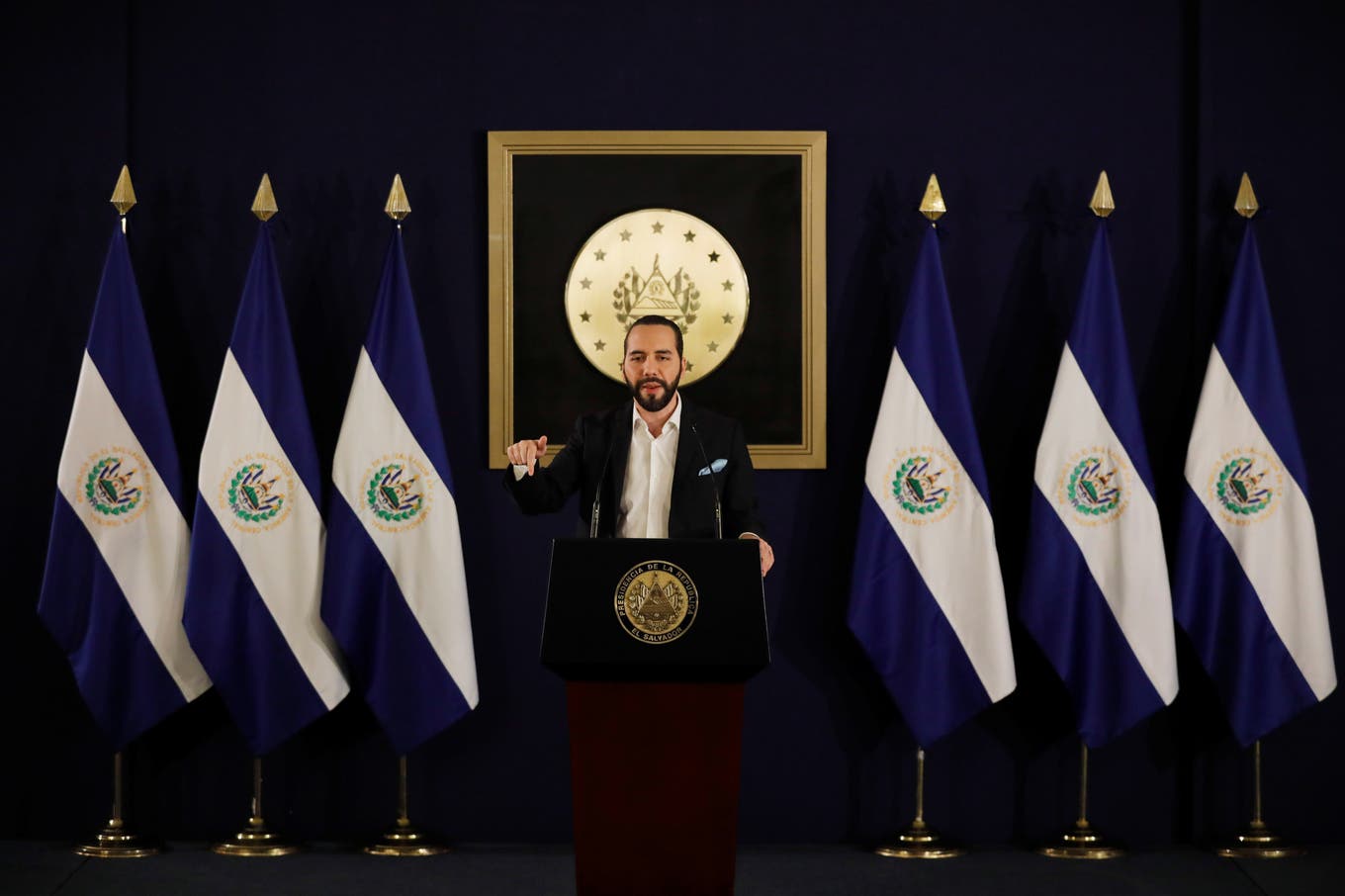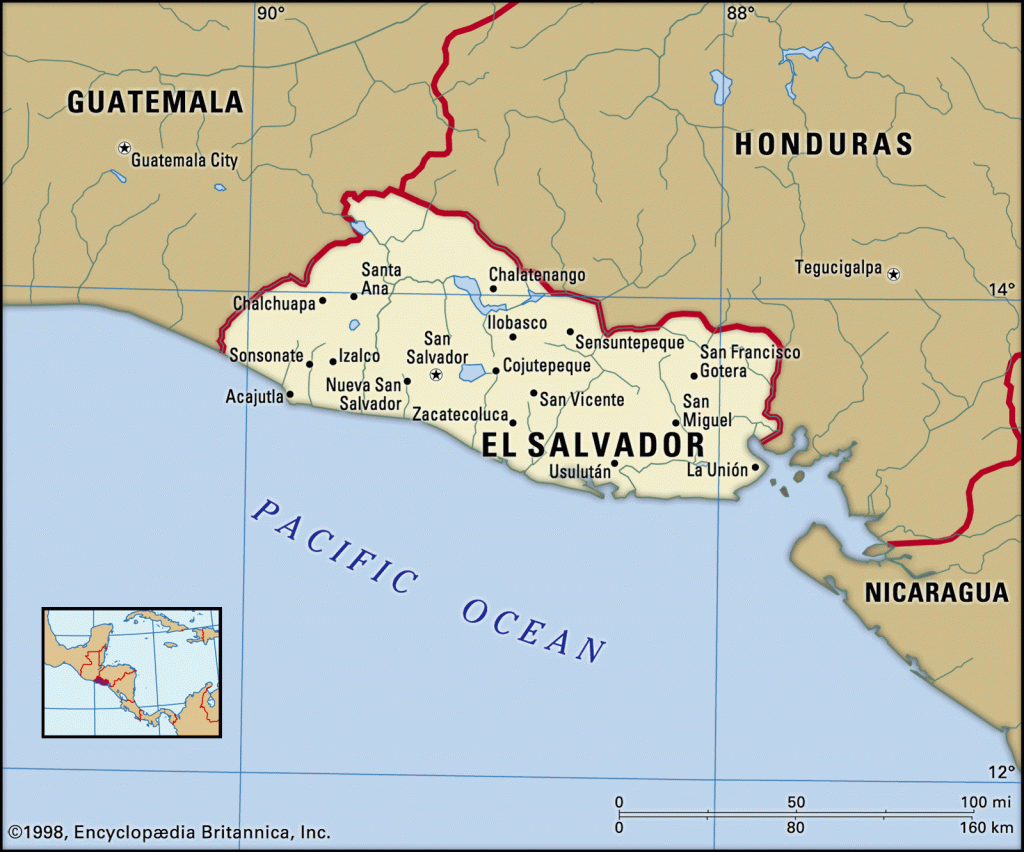RIO DE JANEIRO, BRAZIL – El Salvador’s president loves to tweet passionately, preferably success stories. He has had many to announce since taking office in June 2019, mostly on statistics. As soon as Nayib Bukele was sworn in, the number of monthly homicides dropped. At the end of the year, the total number of murders stood at 2398, nearly a third less than the previous year. In a global comparison, that is impressive. For the chronically violent El Salvador, it was one of the most peaceful years since the end of the civil war in 1992.

Security experts are struggling to explain the decline in fatal violence. The President, on the other hand, is certain that his security strategy is the cause. And so he adds the hashtag #plancontrolterritorial (“territorial control plan”) to his tweets, in which he cheers the monthly statistics. He is celebrating a plan that critics say is just a new label for a strategy that previous governments have failed: greater repression, a harder hand on the gangs behind nearly half of the killings. In fact, the main part of Bukele’s “Territorial Control Plan” implemented to date consists of sending more security forces to communities that are particularly affected by violence.
But the decline in violence is real, the critics of the 38-year-old president agree. They remain skeptical, however, as to the extent of the contribution made by Bukele’s security plan. They point out one aspect in particular: such a dramatic decline in violence is only possible if the powerful gangs, whose cells have settled in virtually every community in the country, allow it.
Are there agreements with the gangs?
The skeptics have sound arguments. For instance, there is no evidence that the number of killings has particularly declined in those two dozen or so communities targeted by the security plan. According to official figures, protection racketeering, the gangs’ main source of income, has also increased despite the greater presence of the security forces. The government had mentioned fighting the extortion of protection money as the primary goal in addition to reducing the number of homicides.
As a result, many experts doubt that the gangs, the MS-13 and Barrio 18 being the largest, have been weakened by the “Territorial Control Plan”. They suspect that the strictly hierarchically organized gangs are themselves trying to keep the violence within limits – for two conceivable reasons: Either because the gangs wanted to avoid challenging the security forces and thus endangering their territorial control, or because there were agreements between the government and the gangs.
Although there is no evidence of collusion, it is not excluded, as previous instances have shown. In 2012, the then government negotiated a kind of ceasefire with the major gangs, resulting in a dramatic drop in the number of murders almost overnight. They dropped by nearly half to a level comparable to that of today. The ceasefire was never popular with the public because it allowed the gangs to carry on their protection racket largely unhindered. When the subsequent government canceled the agreement in 2014, the number of murders exploded. In 2015, El Salvador recorded the highest murder rate in the world.

“We trust in God and in Nayib Bukele”
President Bukele is also known to have made deals with the gangs in the past. In 2015, when Bukele was mayor of the capital San Salvador, city government employees secretly negotiated with gang members to allow the construction of a shopping mall in their territory. Records of telephone conversations documenting the contacts later became public.
The government denies that collusion contributed to the reduction in lethal violence last year. There is more evidence to support the suspicion that the gangs are keeping the violence under control on their own initiative, in order to avoid jeopardizing their sources of income and territory. For instance, the number of homicides had been declining sharply since 2016, and the trend has become even more pronounced since Bukele became president. According to experts, the latter could be related to the fact that the MS-13 and Barrio 18 gangs intend to signal their goodwill to the new government. In an interview published in the Salvadoran online magazine “Revista Factum” shortly before Bukele became president, a leading member of MS-13 described the gang’s stance as follows: “We trust in God and in Nayib Bukele”.
Salvadoran journalist Melissa Vidal also believes it is plausible that the gangs are accommodating the new government. A potential return favor would be increased reintegration efforts for gang members. Vidal attests that Nayib Bukele, who before taking office had been ridiculed by some as a boaster, has painted a hopeful picture for the country. “This is apparently catching on with young gang members,” she says.
The big question in El Salvador is whether the decline in lethal violence can be sustained. Melissa Vida is skeptical. She says the country has experienced repeated cycles of violence in recent decades. Moreover, it remains to be seen whether Bukele is willing to tackle the social roots of violence, such as poverty.

